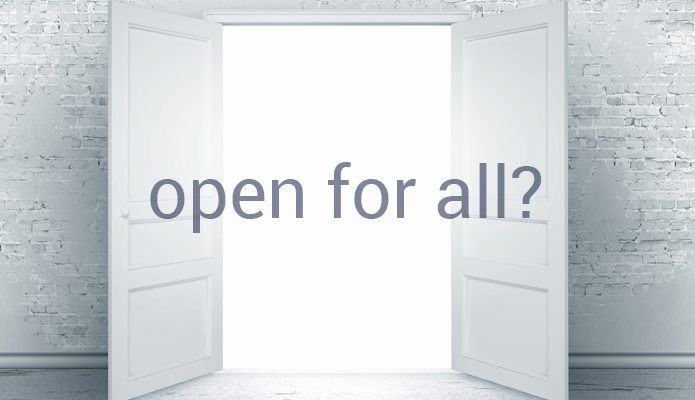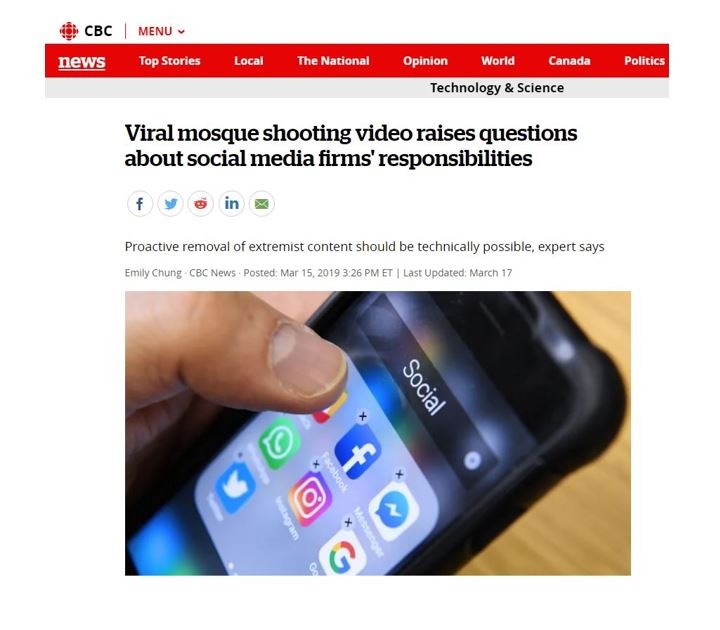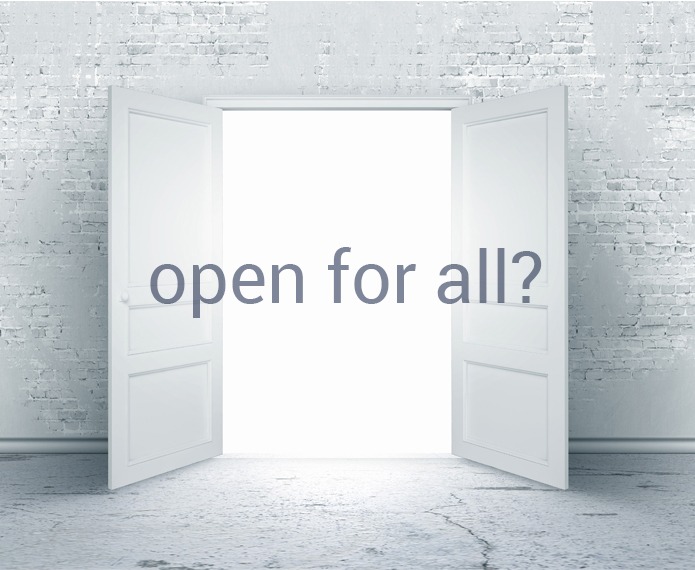The thinking of Comrade F. Dobler from the early 20th century remains relevant and even prescient: those who need open access to information may be those who are fundamentally excluded from public libraries.

The last bastion of democracy
Open for all? offers a “think piece“ rather than an intellectual analysis. Columnist John Pateman shares his personal observations on issues and his columns are designed to promote discussion and professional debate. He has arrived at his conclusions after 40 years of working in public libraries of/in all types and locations.
Every time something bad happens (and it doesn’t get much worse than the recent mass killing in New Zealand), there is a knee-jerk reaction to restrict access to the internet and social media. The stated concern is that the perpetrators of atrocities will seek to spread their message of hate and division via Facebook and other online platforms. However, when bad things happen, we should become even more open rather than follow the normal but very human response of condemnation and then of censorship. And public libraries should lead the way.
There is an understandable rush to deny these “terrorists” the oxygen of publicity after an act of violence, but I think that this denial can lead to some very perverse outcomes. Driving “bad” people underground is likely only to confirm their suspicion that there is a conspiracy against them. They are already angry and paranoid; banning their opinions will just feed this anger and paranoia. Denying extremists platforms to air their views also removes the opportunity for open debate, alternative perspectives, and correcting falsehoods and misinformation.
Censorship is highly problematic (if not ineffective), and as library professionals, we should be in the forefront of challenging any restrictions to freedom of information and to freedom of expression. Our professional values position librarians as the defenders of unfettered access to information, but we break this basic ethic in so many everyday ways. We routinely filter our public internet stations, effectively creating a two-tier system of open access for those community members who have the internet at home and limited access for the have-nots, who must rely on what the public library provides.

Public libraries also have policies on who can book meeting spaces, put information on notice boards and use library websites. “Hate groups” are routinely denied access to these channels despite our declarations that we are open to all. By denying this access, we become part of the problem and help to fuel conspiracy theories that the “government” or the “establishment” is out to get people. Our much-cherished neutrality is exposed as a myth. Instead of banning these groups, we should invite them into the public library. Like the forum in ancient Rome, we should be the public square where all and any views are welcomed. We might not like what the group members have to say, but we should defend to our last professional breath their right to say it, no matter how unpalatable it might be.
The media in the U.S.A. and the U.K. are obsessed over the populism that carried Donald Trump and Brexit to victory. The media outlets don’t seem to accept that the people have spoken. Some pundits have even commented that the people are “too dumb for democracy.” Not only is this idea elitist, condescending, patronizing and classist but it completely misses the point. When working class people are ignored and neglected for too long, they will eventually push back. They will rebel against the consent manufactured by the middle class media and the political establishment. Given the lack of critical thinking education in schools, the people will listen to the loudest and simplest argument, whether it’s “build the wall” or “leave the EIU.” It is telling that the day after the E.U. referendum, the two most frequent internet searches in the U.K. were “What is the E.U.?” and ‘“What is Brexit?”

Not only did the British people not fully understand what they were voting for (and the consequences of the outcome) but they were fed downright lies by those people who sought to divide and rule in the name of democracy. This circumstance would have been a great opportunity for public libraries to organize public debates on the E.U. and to invite speakers from both sides of the divide. Book displays and basic information could have been provided so that people could listen to both arguments, read up on the fact-based advantages and disadvantages of each option and make an informed decision.
There is a great line from the soon-to-be-released movie The public, which is set in an inner-city-U.S.A. public library that becomes a champion for the homeless: “The public library is the last bastion of democracy in America.” For this statement to become a reality, we have to walk the talk. Democratic public space is at a premium in our increasingly commercialized, consumerized and commodified society. People do not have to have money or an education or a reason to use the public library. It belongs to everyone. The public library has a unique selling point in providing this space. We should be making full use of this advantage.
Slider photo by Timon Studler on Unsplash
John Pateman is the CEO of the Thunder Bay Public Library. He is also the author of the Open for All? column in Open Shelf.
